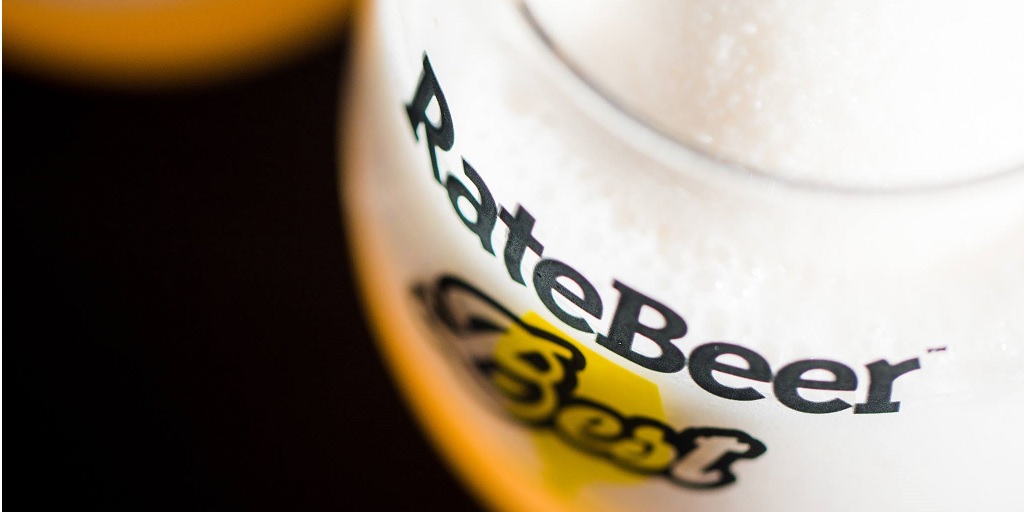
AB InBev launches RateBeer marketplace

AB InBev has launched an ecommerce platform on reviewing site RateBeer, following in the footsteps of its US and UK operations.
Dan Murphy’s, Beer Cartel and Purvis Beer are the first suppliers to be included on the platform, which was recently acquired by AB InBev investment vehicle ZX Ventures.
AB InBev has been working up to the commercialisation of RateBeer since its acquisition in February 2019, and into the wider online retail space as well, snapping up BoozeBud in August 2018.
RateBeer users in the UK and US have been able to buy through retail partners Beer Hawk and Drizly since late 2018, and a new report has highlighted the importance of online sales to the alcohol market.
The report by IWRS found that 1.8% of the value of all alcoholic drinks traded around the globe is sold through ecommerce.
Richard Kelsey, director at Beer Cartel, said that the drinks giant was looking to further commercialise the platform.
“[RateBeer] has had a broad base of users and from discussions I’ve had with ZX it’s about trying to broaden that reach and make it more accessible to people in the Australian market.
“We like to promote the business anywhere we can, anywhere where craft beer drinkers are, so it makes sense to do something with RateBeer as well,” he said.
“It’s very early days, and we’ve been testing it from December. It’s based on a cost per acquisition model which means that if someone goes on RateBeer and makes a purchase, RateBeer will then get a percentage cut on it.”
Despite including competitors and potentially AB InBev’s own online retail platform BoozeBud, Kelsey said he was confident it would be a level playing field.
“RateBeer is an advertising medium, so we’ll be competing against Dan Murphys, and BoozeBud I’m sure will be on the platform at some stage.
“I think it’s going to be consistent with all suppliers – I’m not really concerned on that one,” he concluded.
While Beer Cartel might focus on craft beer, it makes sense to be involved on a platform with a wider reach, Kelsey said.
“From our perspective we always get behind indie brewers but we also realised that it not just indie brewers that make amazing beer. We source beers from places like Mountain Goat and 4 Pines as well.
“When you look at where we started in 2009, a lot of the breweries at the time were from the US and not always indie.
“We’ve always had to have a range that was non-independent, and that’s something we’ve continued to do. Our premise is still supporting the independent guys.”
RateBeer acquisition
AB InBev first took a minority investment in the beer ratings website in October 2016. RateBeer opened an office in Melbourne in December 2018 and AB InBev has been investing in the commercialisation of the ratings platform ever since.
Founder Joe Tucker posted on RateBeer at the time that the initial investment in 2016 had enabled the group to make improvements to infrastructure and invest in an in-house mobile app. He announced at the same time the development of an affiliate RateBeer marketplace for Australia.
In a statement to the press, RateBeer’s business lead Douglas Mitchell said that the marketplace would expand to meet the evolving needs of Australian consumers..
“The value of RateBeer to beer enthusiasts is that it brings the consumer voice to the fore, providing a platform where individuals can actively participate in a thriving and independent community,” Mitchell said.
“The increased focus and investment in the Australian market will see some of RateBeer’s enhanced features tested in Australia before being rolled out to other markets including the UK and US.
“The work here in Australia is focused on developing future technologies for the platform and creating a better experience for RateBeer users globally.”
Kelsey said that RateBeer’s focus on independent beer reviews would be maintained, and the impetus was on craft brewers to get their new beers out there too and help consumers make a considered decision.
“For us it’s all about transparency and being able to give consumers a chance to understand what a beer is like,” he said.
“A brewer can put out that information on a beer but the reality is unless consumers are rating highly, it might not be as good as they say. Transparency and honesty help them make a decision.
“[I] will be curious to see how craft beer drinkers use this over time, and if it does play a role in helping to provide inspiration on new beers to try.”



